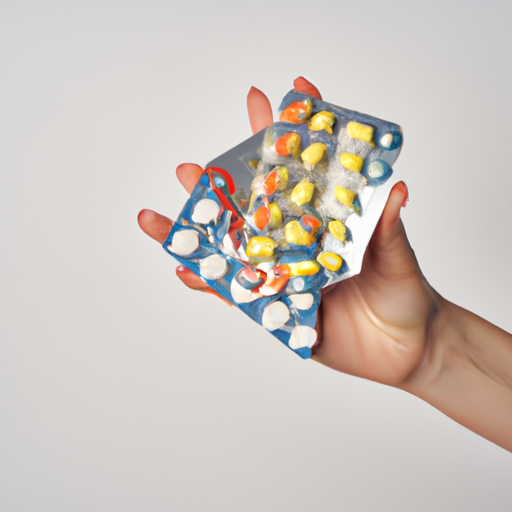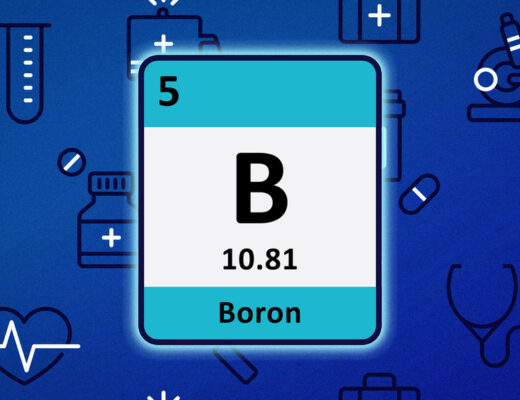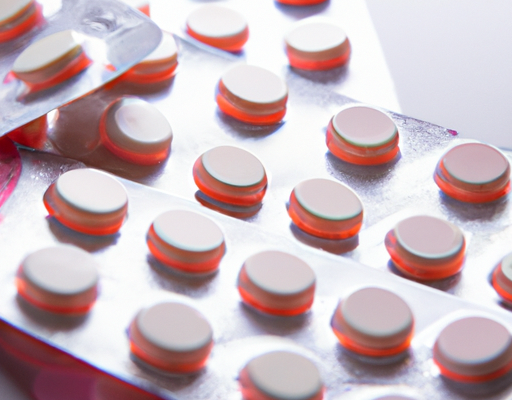Atopic Dermatitis of the Genitals:
Atopic Dermatitis of the Genitals is a skin condition that affects the area around the genitals. It causes inflammation, itchiness, and redness of the skin. This can be caused by genetic factors, environmental allergens, and stress. Symptoms of the condition include intense itching, red bumps and blisters, dry and thickened skin, and even bleeding. Treatment options involve the use of topical and systemic medications, such as topical corticosteroids, antimicrobials, and calcineurin inhibitors, as well as lifestyle changes, such as avoiding certain irritants, decreasing stress, and wearing breathable clothing. To prevent the condition from worsening, it is important to follow the advice of your doctor and maintain a good skin care routine.
Causes
Atopic Dermatitis of the genitals is a skin condition that can cause discomfort and embarrassment. It is caused by a combination of environmental and genetic factors. The following are the most common causes of this condition:
- Exposure to irritants – Exposure to harsh soaps, detergents, and other chemicals can irritate the skin and trigger an outbreak of atopic dermatitis.
- Allergens – Allergies to certain substances, such as dust mites, pet dander, and pollen, can cause atopic dermatitis.
- Genetics – Atopic dermatitis is often inherited, meaning that it can run in families.
- Hormonal changes – Changes in hormones can trigger an outbreak of atopic dermatitis.
- Stress – Stress can weaken the body’s immune system, making it more vulnerable to atopic dermatitis.
It is important to note that atopic dermatitis is not contagious, so there is no need to fear transmission of the condition to others. If you are experiencing atopic dermatitis of the genitals, it is advisable to speak with your doctor about the best treatment options for you.
Risk factors
Atopic dermatitis of the genitals is a common skin condition that can have a range of causes, ranging from genetic and environmental factors, to lifestyle choices and infections. Although the precise cause of this condition is unknown, there are some risk factors that should be considered, including:
- Family history of atopic dermatitis, asthma or allergies.
- Airway irritants such as dust, smoke, and pollutants.
- Chemical irritants such as dyes, detergents, and fragrances.
- Excessive sweating.
- Obesity.
- Humidity.
- Infections such as sexually transmitted diseases.
- Certain medications, such as antibiotics.
- Stress.
- Exposure to environmental allergens.
It is important for those with atopic dermatitis of the genitals to be aware of the potential risk factors that can contribute to the condition. By minimizing or eliminating exposure to the mentioned factors, one can help reduce the symptoms associated with this condition. Proper skin care and medical attention should be sought if the condition persists or worsens.
Symptoms
Atopic Dermatitis of the Genitals can cause irritation, itchiness, pain, and burning sensations in the genital region. It can also cause redness, swelling, thickening of the skin and skin lesions. The lesions can be small bumps or large patches – they can be scaly and weepy or may have a crusty appearance. In extreme cases, raw lesions can form and be accompanied by intense itching and pain. In some cases, the atopic dermatitis can cause permanent scarring. In cases of severe atopic dermatitis, pain during sexual intercourse is possible. People suffering from the condition may also experience chapped, cracked and sore skin near the affected area. Some people may even experience hair loss in the affected areas. It is important to seek medical attention in case symptoms become unbearable or don’t respond to conventional treatments.
Diagnosis
Atopic Dermatitis of the Genitals is a type of skin inflammation that is common in people with eczema. It is characterized by red, dry and itchy skin on the genitals. Diagnosis involves an examination of the affected area and a discussion of the patient’s symptoms. The doctor may perform a skin biopsy to check for any underlying skin condition. Blood tests may be necessary to rule out other medical conditions. In some cases, physicians may need to take a sample of skin cells to check for a bacterial or fungal infection. Lastly, a person who has Atopic Dermatitis of the Genitals may need to receive a referral to a dermatologist as well.
Treatment
Atopic dermatitis of the genitals is a skin condition that can be very uncomfortable and even painful for those who suffer from it. Fortunately, there are many treatments available for this condition. In mild cases, the application of topical corticosteroids and moisturizers can reduce symptoms. For more severe cases, phototherapy may be recommended, which uses ultraviolet light to reduce inflammation. If a bacterial infection is present, antibiotics may be prescribed. Lastly, antihistamines can be used to reduce itching and inflammation. It is important to work with a healthcare professional to determine the best course of treatment for atopic dermatitis of the genitals.
Complications
Atopic dermatitis of the genitals is a rare skin condition that can cause significant discomfort and stress for those affected. This condition can lead to a variety of physical complications, such as dryness, itching, and inflammation of the skin in the genital area. In extreme cases, it can cause painful and unsightly blisters that can leave permanent scars. Other secondary infections can occur due to frequent scratching and lack of proper hygiene. In some cases, the condition can even lead to fertility issues, as the area is so sensitive. It is also possible to experience psychological complications due to stress and embarrassment caused by the condition. People with atopic dermatitis of the genitals should take extra precautions to avoid any further complications. This includes avoiding known irritants, using a mild cleanser, and wearing loose clothing. If the condition persists, it is important to seek medical attention to ensure the condition is properly treated and managed.
Prevention
Atopic dermatitis of the genitals can be prevented by taking good care of the affected area. It is important to keep the genital area clean and dry. Taking regular baths using mild soap and warm water can help keep the genitals clean and healthy. Avoid any detergents, lotions, or perfumed wipes that could irritate the area. Tight clothing or underwear should be avoided. Cotton underwear is preferred and can help keep moisture away from the skin. Maintaining a healthy lifestyle and avoiding allergens, such as fumes, pet dander, and pollen, can also help prevent further outbreaks. If you have any additional questions or concerns, do not hesitate to talk to your doctor.





No Comments